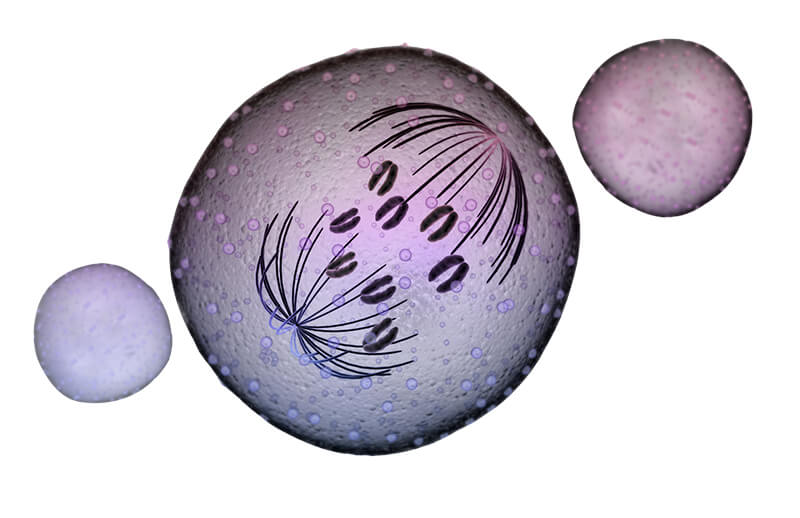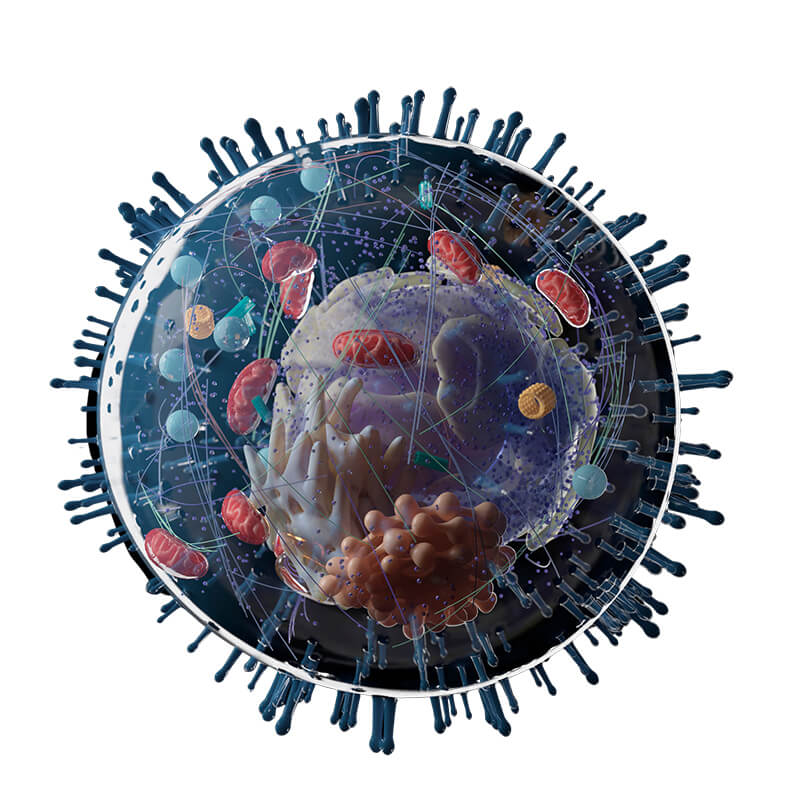The Art of
Oral Peptide Bioregulators
Bioregulators communicate with specific sections of your DNA to activate genes for cellular regeneration.
Oral peptide bioregulators are amino acids 1-4 in chain length that can cross the cellular membrane and enter the nucleus.
From the nucleus, oral peptide bioregulators act as epigenetic switches to turn good genes ‘on’ and bad genes ‘off.
This leads to a change in protein transcription (production) and, thus, regeneration.
We offer
Educational Consultation
We offer monthly bioregulator protocols.

We use 21+ authentic and original oral peptide bioregulators known as cytamins, cytomaxes and cytogens.

Oral Peptide Bioregulators
Pure DNA Interaction
What Is An Oral Peptide Bioregulator?
There are three specific types of peptide bioregulators:
- Cytamins: bioregulators purified from cattle organs that are a complex mixture of nucleoproteins, amino acids, and vitamins.
- Cytomaxes: bioregulators isolated from animal organs/tissues that contain low-molecular-weight peptide fractions (i.e. a pure peptide instead of a mixture of components).
- Cytogens: bioregulators that are synthetically made in a lab from amino acids, usually forming a peptide that’s 3 amino acids long, based on select regions of polypeptides extracted from animal organs/tissues that have biological activity one is looking for.
At their core, oral peptide bioregulators are amino acids between 1-4 in chain length.
Oral peptide bioregulators communicate with specific sections of DNA.
The section of DNA the bioregulator acts on depends on its amino acid chain.
This interaction activates genes for cellular regeneration via mitosis (cell division).
In this way, oral peptide bioregulators are described as cellular mediators, as oral peptide bioregulators participate in the regulation of gene expression and protein synthesis.
Among the functions of oral peptide bioregulators is the exchange of information throughout the interaction of cells, such as endocrine, nervous, and immune systems, the reconstruction of organs and tissues, restoration of dissolved functions, and regulation of gene activity.
Oral Peptide Bioregulators
Fact Sheet
- All peptide bioregulators are consumed orally, just like a supplement.
- We naturally produce peptides, but this declines with age.
- Oral peptide bioregulators have a different mechanism from that of injectable peptides.
Oral Peptide Bioregulators
The Future of Medicine
Oral Peptide Bioregulators: A Method In Controlling Our Epigenetics.
In essence, oral peptide bioregulators utilise epigenetics, methylation and DNA to correct physiological imbalances caused by disease.
Bioregulators are an effective and easy way of rejuvenation.
- Oral peptide bioregulators directly interact with DNA to activate or silence specific genes, just like epigenetics.
- Influence protein synthesis and cellular function related to specific organs or systems.
- Thus, control vital functions as heart rate, respiration, temperature, sleep, mood, and the immune response.
Based on these key mechanisms, oral peptide bioregulators can cause the cell to function like a young, healthy organism.
Let’s look at the adrenal oral peptide bioregulator as an example:
The adrenal oral peptide bioregulator can specifically activate the DNA of the adrenal glands and promote their regeneration.
How? Because this specific oral peptide bioregulator explicitly targets the DNA of the adrenal glands, this is based on the amino acid chain.
The amino acid chain ensures that the adrenal oral peptide bioregulator is a perfect match for the adrenal glands.
This is how the majority of Bioregulators work.
In total, we have 21 Bioregulators ranging from:
- Bone Marrow Bioregulator.
- Parathyroid Bioregulator.
- Lung Bioregulator.
And many more, which you can find more information about below.
Each oral peptide bioregulator holds the specific code to unlock the target organ’s mechanism of regeneration.
Oral peptide bioregulators are unique information mediums since both consist of a distinct sequence of amino acids.
This information determines the peptide’s selectivity of action or its capacity to send information to a specific cell type.

Achieve Peak Vitality
Oral Peptide Bioregulator Protocols
To achieve peak vitality, pair our Peptide Therapy injections with our Oral Peptide Bioregulator Protocols.
Cellular Regeneration
Oral Peptide Bioregulator available at Nūūtro
Red Blood Cells Bioregulator
-
Improves the performance of red blood cells by improving the tropism of the vascular wall cells and regulating key metabolic processes.
-
By normalising the functional and morphological changes in the vascular wall, the blood content of cholesterol and lipoproteins is balanced, thus decreasing the risk of various vascular issues.
Central Nervous System (CNS) Bioregulator
- Regulates the metabolism processes in the brain cells and restores the central nervous system function.
- Helps patients with brain injuries and diseases such as chronic fatigue syndrome, multiple sclerosis, depression, Parkinson’s and Alzheimer’s.
- Also helps with memory loss, stress and stroke recovery.
Heart Bioregulator
-
Helps to regulate the heart and combat heart related conditions such as coronary artery disease, hypertension, hypertonia, myocarditis, atrial fibrillation and heart failure.
-
Also helps with stress.
Kidney Bioregulator
-
Helps to normalise kidney function, especially in patients suffering from gout nephropathy, and reduces uric acid and urea.
-
May also help with urolithiasis disease, renal failure and chronic pyelonephritis.
Liver Bioregulator
-
May be used to help balance the functions of liver and combat diseases such as hepatitis, whilst combating fatigue and decreasing dyspeptic disorders.
-
May also help with atherosclerosis, diabetes and obesity disorders.
Lung Bioregulator
- Helps to improve the lung function by having a regulatory effect on the bronchial mucosa so normalising their metabolism and enhancing their functional performance.
- Ideal for individuals with bronchial conditions such as chronic bronchitis, bronchial asthma and pulmonary disease.
- May also be used in recovery from a chronic cardiac failure in conjunction.
Muscle Bioregulator
- For regulating the metabolism processes in muscles by improving their physical efficiency and ability to adapt in extreme conditions.
- Contains antioxidant properties and helps to regulate the peroxidation processes in the muscular tissues.
- This bioregulator can be an effective means to restore the function of muscles under intense physical load, as in sports, and generally improve body mobility.
Ovary Bioregulator
- Helps to regulate the ovaries and their production of estrogen and progesterone hormones, which during perimenopause and menopause can vary considerably.
- This is most commonly seen in hot flushes but can also cause menstrual irregularities, poor sleep patterns, vaginal dryness and low libido.
- The hormone imbalance may also lead to female infertility.
Pancreas Bioregulator
- May be used to improve the performance of the pancreas by regulating the activity of the pancreatic enzymes, which that in turn have been shown to decrease sugar levels in diabetic patients and to have stabilised at the lower levels.
- Has also been shown to restore normal pancreatic tissue in patients with chronic pancreatitis.
Parathyroid Bioregulator
- Acts as a gene switch helping to regulate the activity of the parathyroid and production of calcium in the blood and bones.
- Treats both hyperparathyroidism and hypoparathyroidism as well as those suffering from osteoporosis and poor vitamin D absorption.
- Also helps to reduce bone demineralisation, urolithiasis disease, muscle cramps and to improve immunity.
Pineal Bioregulator
- For the pineal gland, this bioregulator has been shown to regulate the body’s neuroendocrine, immune and cardiovascular systems as well as improving melatonin levels and sleep patterns.
- Has also been shown to lengthen telomere’s and improve the overall health of the pineal gland.
Prostate Bioregulator
- Prostate enlargement or BPH is the most common prostate problem for men with increased need to urinate, poor emptying of the bladder and stuttering urine flow.
- Other issues include prostatitis and prostate cancer.
- Prostate bioregulator has been shown to help reduce BPH, inflammation of the prostate as well as helping with erectile dysfunction and reduced libido.
Retina Bioregulator
- For helping to repair damage to the retina which is often caused by diseases such as diabetic retinopathy, pigment retinitis, myopia and age-related macular degeneration.
- Retina damage can also be damaged by hypertension, renal insufficiency and diabetes mellitus together with smoking and alcohol.
Stomach Bioregulator
- Improves the performance of the stomach by normalising the digestive functions, helping to prevent gastric ulcers and polyps.
- Also helps to prevent heartburn, belching and the feeling of heaviness in the stomach.
Thymus Bioregulator
- For the thymus and immune system, this bioregulator stimulates and repairs immunological activity damage.
- Has been shown to help restore patients’ immunology after radiation and chemotherapy treatment as well as infectious diseases.
Thyroid Bioregulator
- As a bioregulator for the thyroid, has been shown to help treat both hyperthyroidism and hypothyroidism.
- Also a poorly performing thyroid gland can lead to autoimmune thyroiditis.
Bladder Bioregulator
- Helps to regulate the metabolism process in the urinary bladder wall cells, improving flexibility and control under fraught conditions. It has anti-oxidative properties by regulating the oxidation process in the bladder wall tissues.
- Has been shown to help combat overactive bladder syndrome (OBS) and benign prostate hyperlasia (BPH) improving urine flow and chronic cystitis.
Bone Marrow Bioregulator
- Helps to balance the bone marrow function especially with regard to red blood cell production.
- Good therefore for treating both anaemic and polycythaemic patients and generally boosting the hematopoietic system. It also helps to rebuild the bone marrow.
Cartilage Bioregulator
- Improves tropism of the cartilage tissue cells and regulates the metabolic processes in it, thus reducing the risk of various joint and spine diseases, such as Osteoarthrosis, Spinal Osteochondrosis and Osteoporosis.
- Reduced pain level as well as improving movement in joints and vertebrae.
Adrenal Bioregulator
- Improves the adrenal gland performance which produces cortisol, adrenaline and noradrenaline hormones.
- In turn this help to improve stress reaction, reduce apathy and improve control of the body’s metabolism.
- The Adrenal Bioregulator also helps support the endocrine system in elderly people

Jessica (BSc Biomedicine, MSc Longevity, CHP) our Oral Peptide Bioregulator expert.
Nūūtro
Quality You Can Trust, Expertise You Can Rely On.
The Nūūtro Assurance: Quality Above All
When we say we know our supplier, we mean it.
We have seen firsthand the meticulous care that goes into every batch of oral bioregulators and peptides.
From the precision of ingredient selection to the exacting quality control measures, we ensure that every product that reaches your hands is the best it can be.
This level of direct oversight is what sets Nūūtro apart.
It’s the reason why our peptides come at a price point that reflects their true value.
High-quality ingredients and a robust, transparent production process aren’t cheap, but they are the cornerstone of effective and safe peptide and oral bioregulator therapy.
Enquire Today
To learn more about our Oral Peptide Bioregulators, please request an appointment at info@nuutro.co.uk